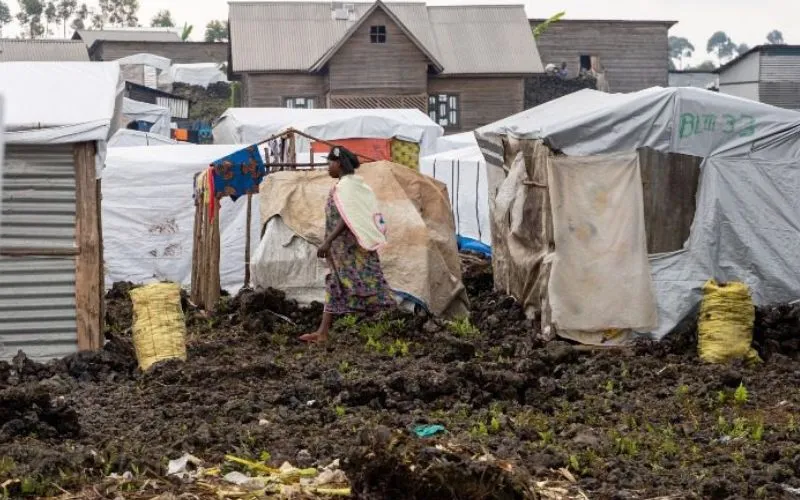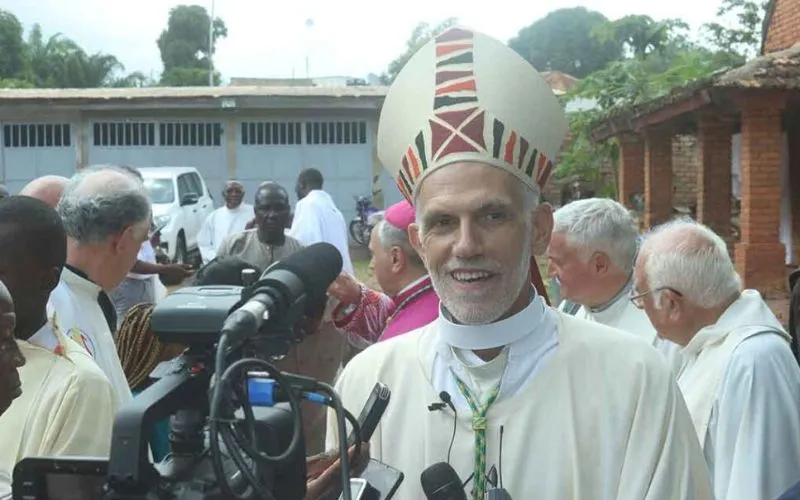Kinshasa, 23 May, 2024 / 6:45 pm (ACI Africa).
Victims of violent conflicts from North and South Kivu Provinces of Eastern Democratic Republic of the Congo (DRC), who include parents, teachers, refugees, and internally displaced persons (IDPs) are among the beneficiaries of the “psychosocial support” under the auspices of the Jesuits Refugee Service (JRS), the entity has reported.
In a report published on Monday, May 20, the leadership of the entity of the Society of Jesus (Jesuits) says that women are the most affected by the violence that it says has ravaged the region since 2022 and stand in need of guiding and counselling services.
In the report, JRS officials say there was need to provide psychosocial support to the women who, despite being displaced, experienced gender-based violence.
“JRS offers psychosocial support to parents (60% women), teachers (60% women), refugees, and displaced people (IDPs) from Mugunga, Sake, Sasha, Bweremana, and Minova,” they say referring to the initiative they are realizing in Eastern DRC, complementing the secondary education project that the Italian Episcopal Conference (CEI) has facilitated.
The psychosocial support initiative, they say, “is possible thanks to the financial support provided by the Catholic Church, which allocates part of its eight per thousand share of total tax revenues to charitable activities promoting people’s development.”








